Colleagues,
A ‘hot-off-the-press’ publication exploring students experience living at home – maybe of interest to staff busy welcoming our new students, Debbie Holley
=====
Commuting, transitions and belonging: the experiences of students living at home in their first year at university (Pokorny, Holley, Kane)
In this study, our cross-case analysis of students’ lives challenges the conventional home–university model of transition and highlights the importance of acknowledging the influence of this complex symbiotic relationship for students who attend university and live at home. We argue that as with stay-at-home holidays, or “staycations”, which are of such crucial importance to the tourism industry, so stay-at-home students or commuter students are vital to higher education and the term utilised here is “stayeducation”. Through the narratives of “stayeducation” students, we see how family and community aspects of students’ lives are far more significant than previously realised, and our study suggests that these heavily influence the development of a student sense of belonging. Drawing upon biographical narrative method, this paper introduces three first-year Business and Economics students enrolled at different universities in London and explores their journeys through their transition through home, school and early university life. Ways in which key themes play out in the transition stories of our students and the challenges and obstacles for the individual are drawn out through the cross-case analysis. Findings support the existing literature around gender, class and identity; however, new insights into the importance, for these students, of family, friendships and community are presented. Our work has implications for academic staff, those writing institutional policies, and argues for the creation of different spaces within which students can integrate into their new environment.
This article is gold open access and can be accessed here:
http://link.springer.com/article/10.1007/s10734-016-0063-3
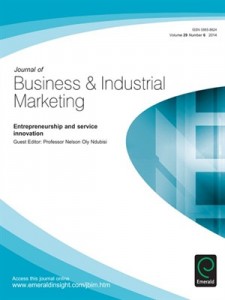
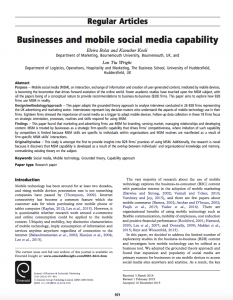

 MMIHS publishes its own journal the
MMIHS publishes its own journal the 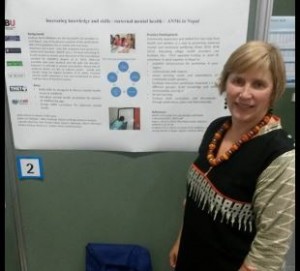



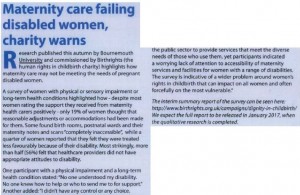 The study
The study 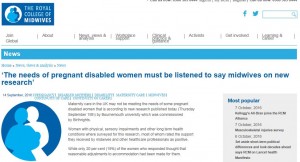
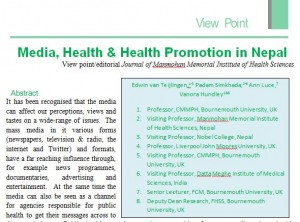

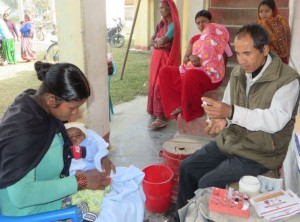

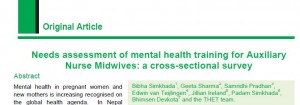

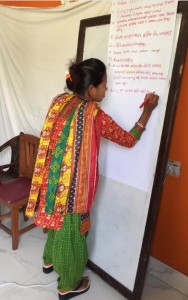
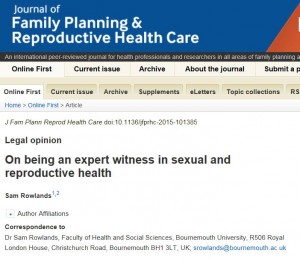


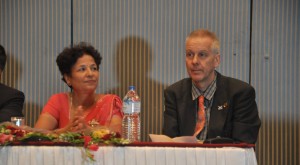

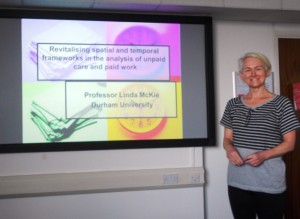



 BU researchers
BU researchers  ice, Brighton University) the research team explored experiences of both stroke service users and providers in relation to a conceptual framework of humanising care. This framework, described in a seminal paper by Todres et al (2009) describes eight interacting dimensions that help capture the depth and breadth of being treated as human within complex, busy healthcare systems. The work is part of a larger study led by Professor Kate Galvin. A second site in Yorkshire worked with service users and NHS providers in a Dermatology out-patient department in order to look at the transferable aspects of humanisation theory and learning.
ice, Brighton University) the research team explored experiences of both stroke service users and providers in relation to a conceptual framework of humanising care. This framework, described in a seminal paper by Todres et al (2009) describes eight interacting dimensions that help capture the depth and breadth of being treated as human within complex, busy healthcare systems. The work is part of a larger study led by Professor Kate Galvin. A second site in Yorkshire worked with service users and NHS providers in a Dermatology out-patient department in order to look at the transferable aspects of humanisation theory and learning.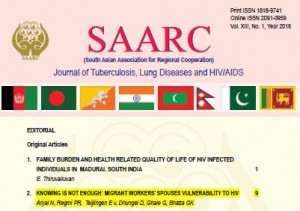











 REF Code of Practice consultation is open!
REF Code of Practice consultation is open! BU Leads AI-Driven Work Package in EU Horizon SUSHEAS Project
BU Leads AI-Driven Work Package in EU Horizon SUSHEAS Project Evidence Synthesis Centre open at Kathmandu University
Evidence Synthesis Centre open at Kathmandu University Expand Your Impact: Collaboration and Networking Workshops for Researchers
Expand Your Impact: Collaboration and Networking Workshops for Researchers ECR Funding Open Call: Research Culture & Community Grant – Apply now
ECR Funding Open Call: Research Culture & Community Grant – Apply now ECR Funding Open Call: Research Culture & Community Grant – Application Deadline Friday 12 December
ECR Funding Open Call: Research Culture & Community Grant – Application Deadline Friday 12 December MSCA Postdoctoral Fellowships 2025 Call
MSCA Postdoctoral Fellowships 2025 Call ERC Advanced Grant 2025 Webinar
ERC Advanced Grant 2025 Webinar Update on UKRO services
Update on UKRO services European research project exploring use of ‘virtual twins’ to better manage metabolic associated fatty liver disease
European research project exploring use of ‘virtual twins’ to better manage metabolic associated fatty liver disease